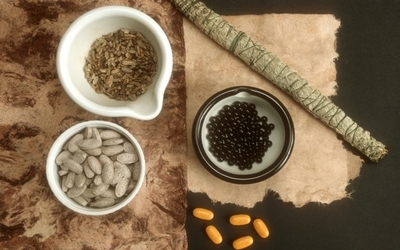There are all kinds of vitamins, minerals and supplements on the market, and herbal solutions to almost any kind of problem with your wellness and wellbeing. The hard thing is working out what are the right supplements to take and what supplements could harm your health.
You can take these supplements to improve a deficiency in your system, to improve your general health or to improve a medical condition. They are very widely available too; you can find them in the supermarket or in the pharmacy – anyone can purchase any supplement because there are no restrictions on purchase, but that does not mean that supplements are suitable for everyone.
For a start, there are age limits on many of the supplements that are commonly available. Children under the age of six cannot take any kind of supplement that contains eucalyptus, even if it is simply a small amount in a cough sweet. Children aged two and under should not be anywhere near peppermint oil. Both of the above examples can cause children to suffer from serious breathing problems. If you are a parent and you want your child to take a supplement, talk to your doctor or pharmacist first to find out if the supplement is suitable and if it will be beneficial for your child.
If you (or your child) are on medication, choosing the right supplement is even trickier still, as many herbs can interact with drugs and change the way that they work. Liquorice, for example, can interfere with drugs that stabilise blood sugar or blood pressure, leading to serious consequences. Echinacea can interfere with the immune system and how it reacts to medications, and this can actually be life threatening.
Again, talk to your pharmacist or doctor before you take any supplement, as they will have a complete list of all the medications and any possible interactions with supplements that there could be.
